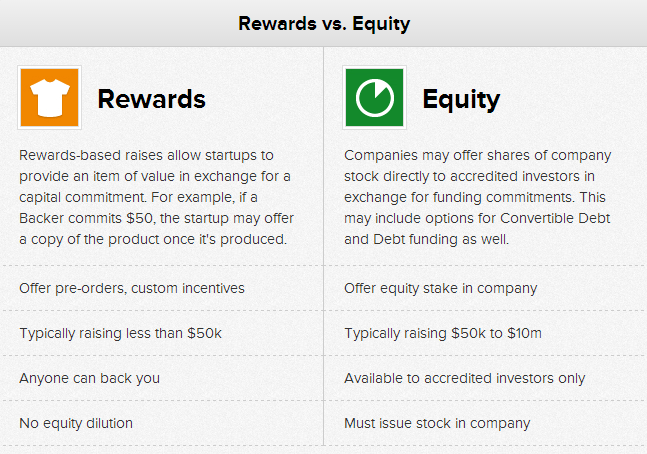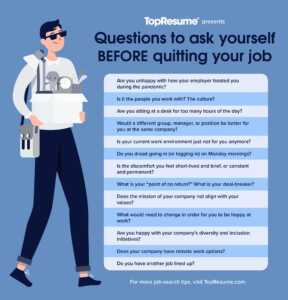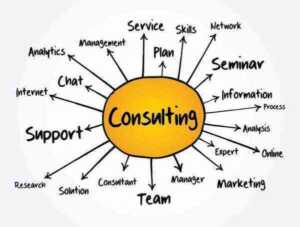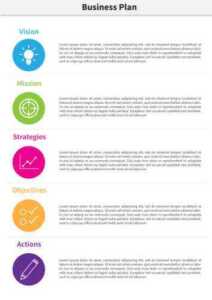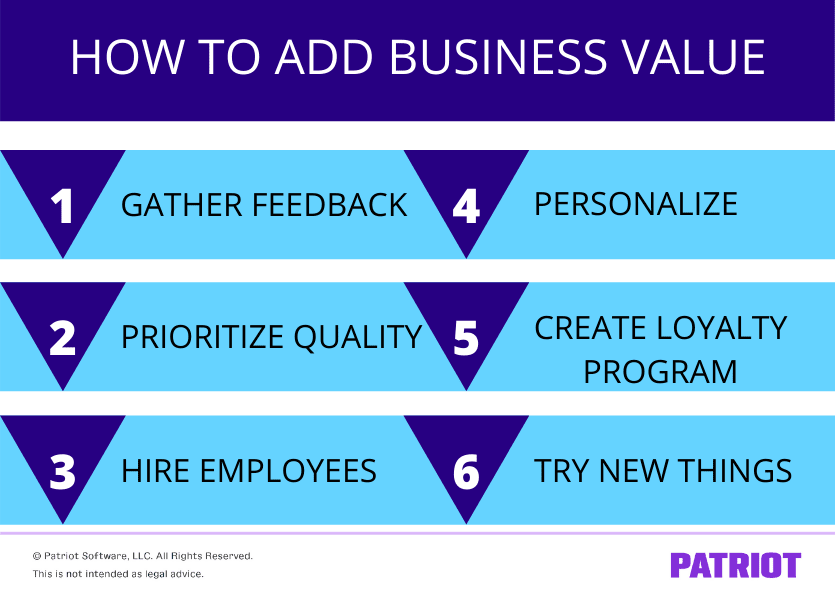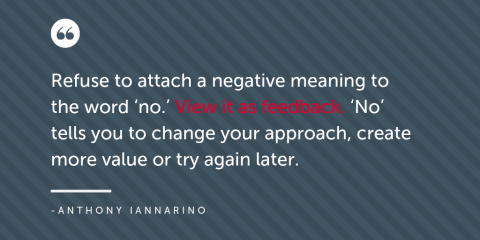Under this concept, the Lean Startup company has developed a model that is based on a set of practices in which entrepreneurs use little capital and put their product on the market to test. It is a formula widely used today to test products and ideas with lower costs.
For Mark Hashimoto, coordinator of the Center for Entrepreneurship FAAP, one of the Top mistakes entrepreneurs make when testing a business idea is gambling all their savings on something and then they feel aggrieved that no one wants to invest in the idea.
With us, “The main idea of the entrepreneurship is not receiving all the capital to build the business“, Explain.
Therefore, he states that it is possible to apply this theory in a small company. “The first step is to work on this idea and study its viability.. “Plus, talking to other people about this is essential. Here are some expert tips.
1. Don’t Limit Yourself to the Initial Business Plan
At the beginning of a company, the degree of uncertainty is high. The important thing is not to close consider other business opportunities because you can find a niche in the market with high consumer demand. “Try a little of everything in the beginning“.
Criticism acceptance is another way to develop an idea. By ignoring the comments of others and sticking to the initial idea, the entrepreneur may lose the opportunity to grow and offer something better.
2. Invest in a Prototype
In the case of new companies, it is possible test the acceptance of your business idea with very few resources. “Start with one thing at a time, use a free platform and use social media to promote the brand.”
“Testing is key“By pre-introducing your product or service to friends and family, you can refine your idea based on their reactions. This informal market research provides a lot of useful information for making adjustments that may be crucial to the success of your business.
3. Pay Attention to the Details
Before producing a large number of products to sell, some aspects must be evaluated. What are the main suppliers, the amount of raw material, what is the manufacturing period, how will the logistics of distribution and product reception, among others.
“It is not good to produce a large batch and not sell anything.“
Success may depend on this prior research. On certain occasions, a cost associated with less can increase the quality of the company’s product or service.
4. Take risks
Some mistakes can be costly to the entrepreneur, so experts recommend that some assumptions or guesses about the market be put aside.
Hashimoto also cautions that instead of focusing exclusively on the business plan, you need to take risks based on the resources you actually have and invest on that basis to minimize the chances of failure in the process.
More tips for a successful startup:
















